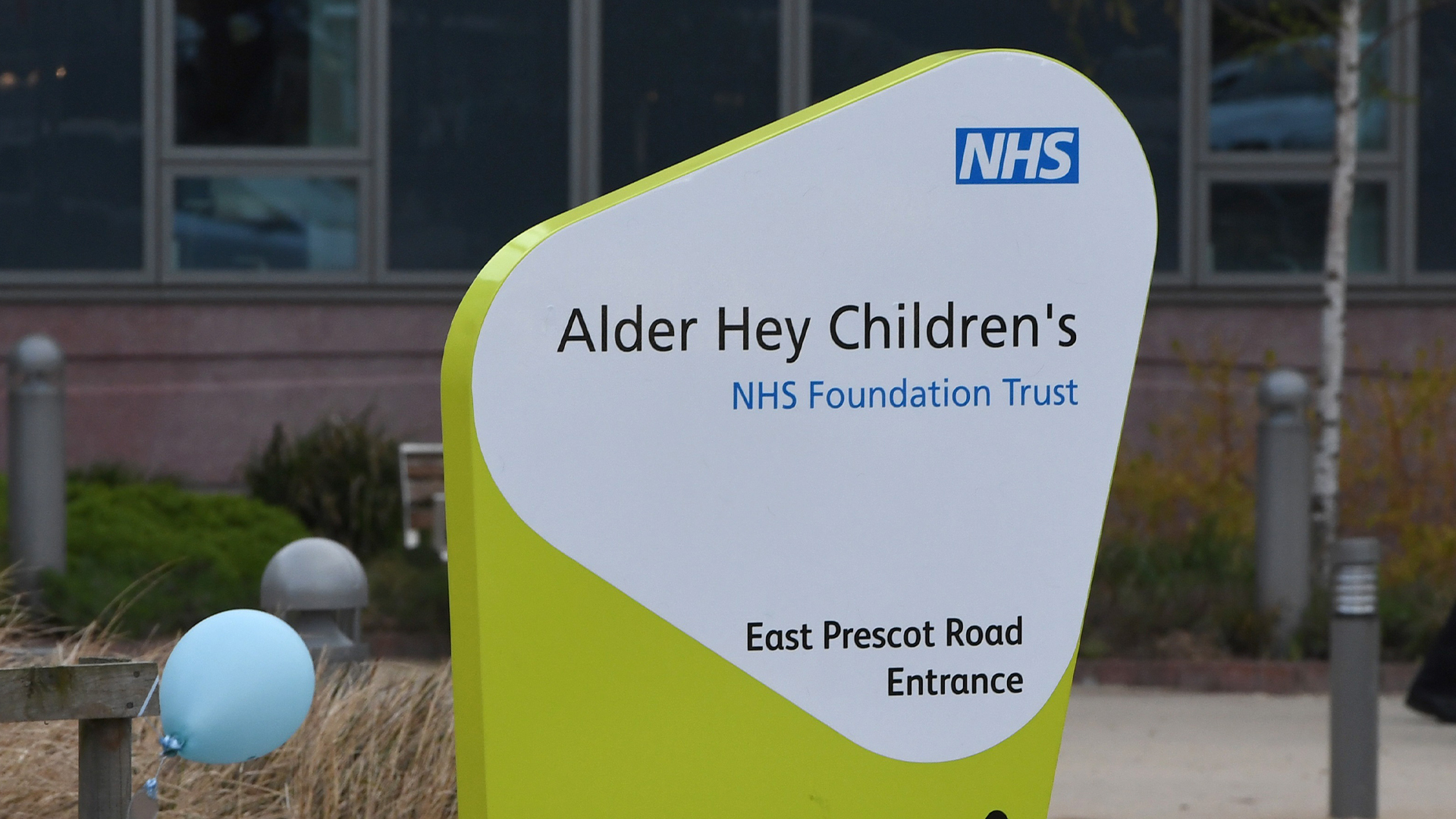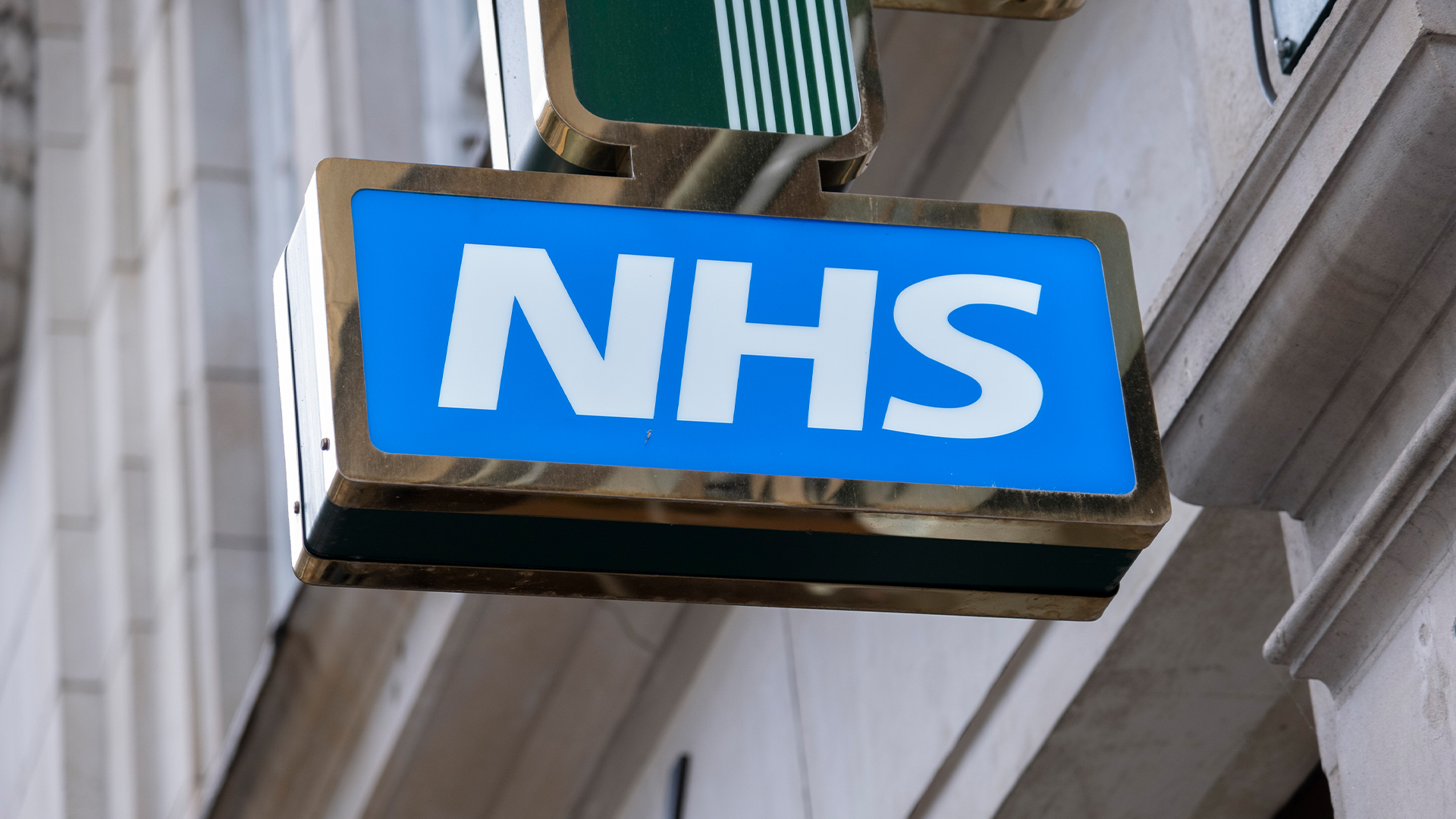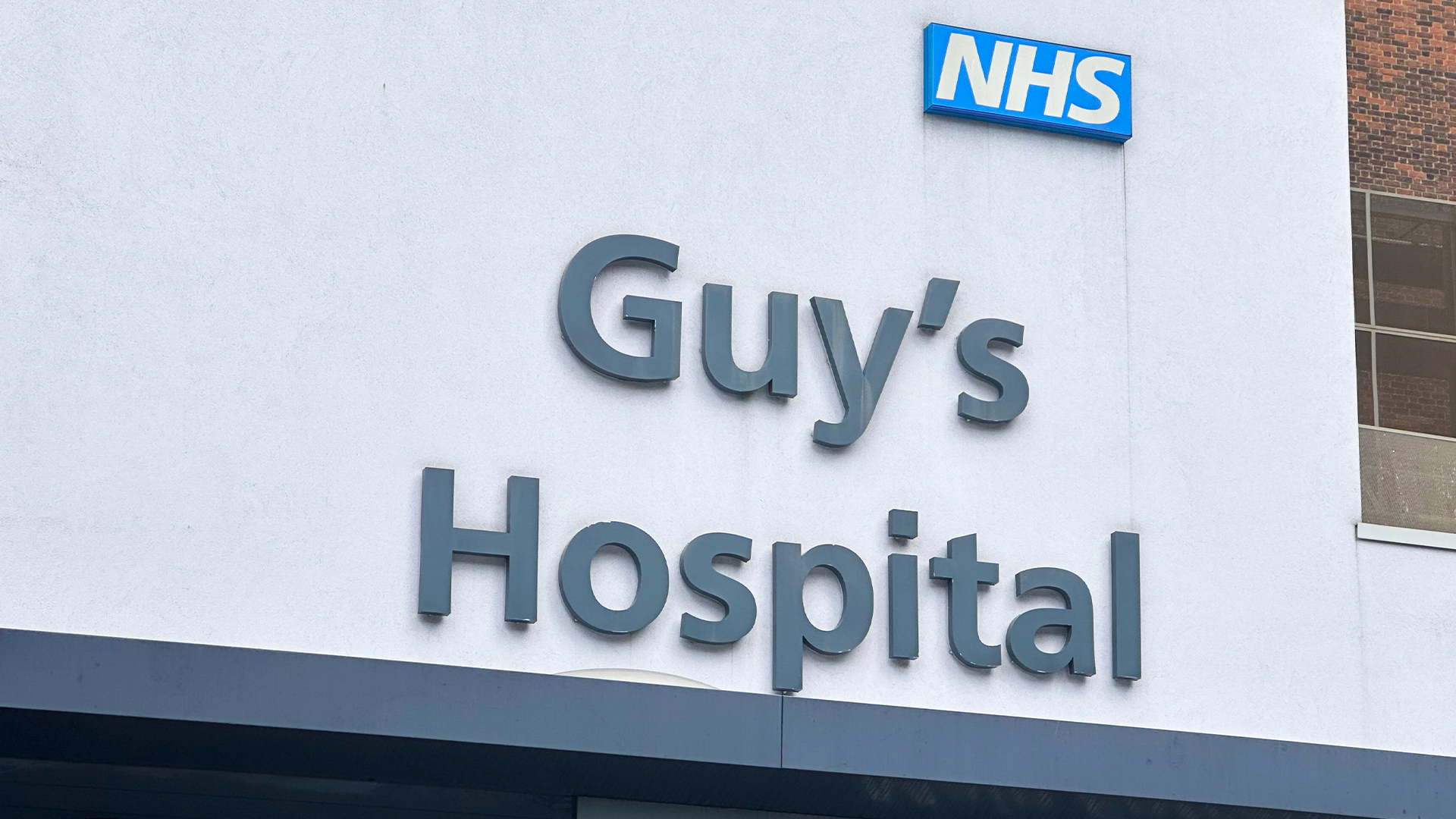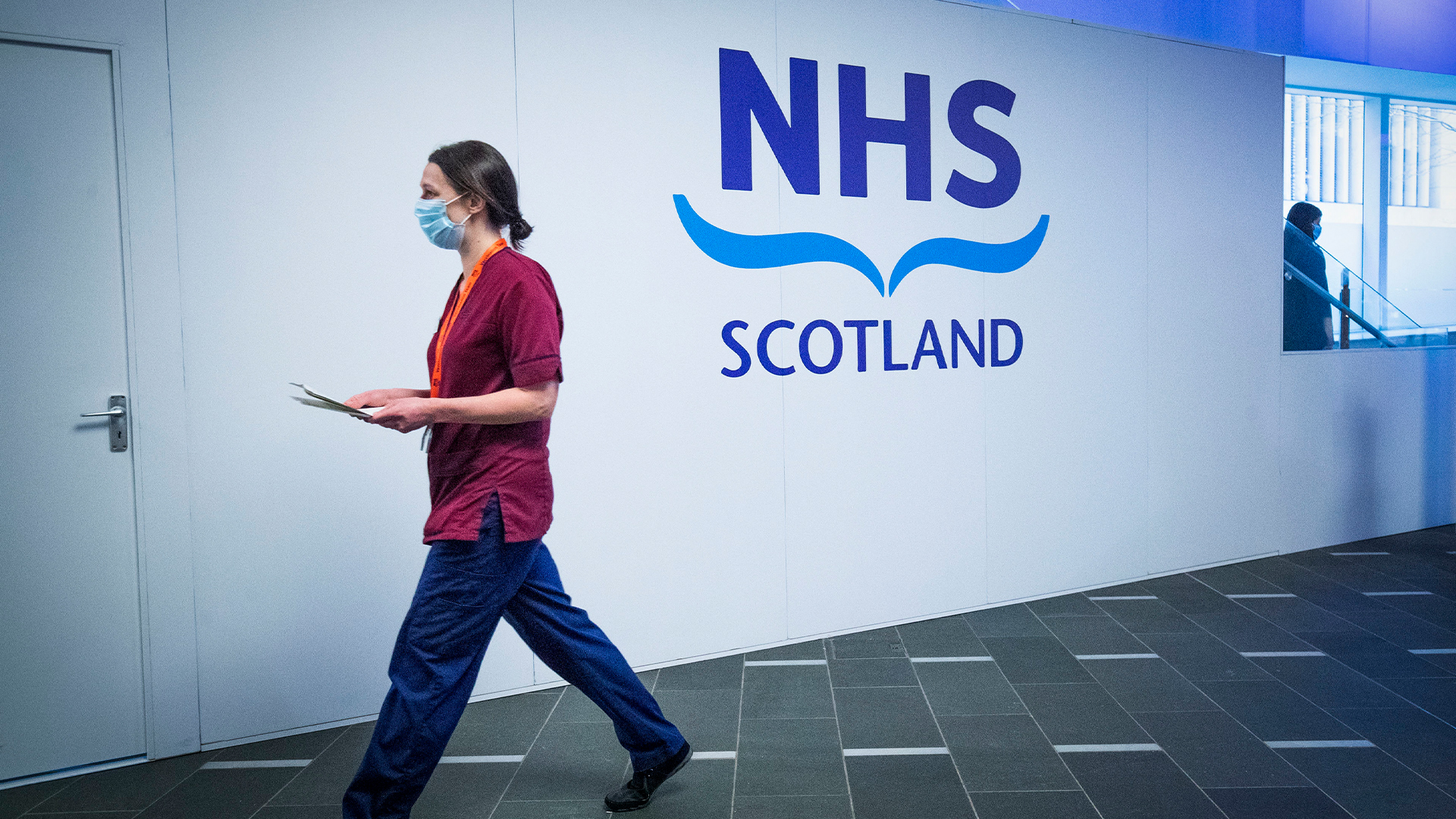NHS flooded with 40,000 spam emails during coronavirus crisis
The volume of malicious emails reported was highest during the peak of the virus in March


NHS staff reported being inundated with 43,108 malicious emails during since the coronavirus crisis took shape this year, with half of these phishing attacks landing in inboxes during March alone.
A staggering 21,188 malicious emails targeted NHS workers during March and were reported to spamreports@nhs.net, according to Freedom of Information (FOI) data obtained from NHS Digital by the Parliament Street think tank.
This flood of attempting phishing attacks came during arguably the most precarious time for the NHS during the coronavirus crisis, with the number of phishing attempts dropping off in the following months.
Staff reported 8,085 malicious emails during April, followed by 5,883 reports in May and 6,468 in June. During the first two weeks of July, the latest period for which data is available, staff reported 1,484 to the NHS spam reporting inbox.
"This is an unprecedented time for the NHS, including the cyber security and IT teams who are continuing to work hard in all NHS organisations to keep patient data and systems secure to support the delivery of safe patient care," said chief information security officer at NHS Digital, Neil Bennett.
“As part of NHS Digital’s cyber security operations, we collaborate with all areas of the system to ensure they are aware of potential threats. This includes highlighting the need for staff to report suspicious emails by raising awareness through our Keep I.T. Confidential campaign. We have also published additional advice and guidance for NHS staff around cyber security while remote working.
“We see staff reporting suspicious emails to us as a good thing and the rise in reporting shows that NHS staff are taking seriously their responsibilities to keep information safe.”
Get the ITPro daily newsletter
Sign up today and you will receive a free copy of our Future Focus 2025 report - the leading guidance on AI, cybersecurity and other IT challenges as per 700+ senior executives
The scale of attacks has rendered some modest success for cyber criminals, with NHS Digital confirming in June that 113 NHSmail inboxes were compromised between the weekend of 30 May to 1 June.
There was no evidence to suggest patient data was compromised, and NHS Digital suggested the compromise was part of a wider credential-harvesting phishing campaign targeting a broad range of UK organisations.
The influx of phishing emails chimes with data reported by organisations like the National Cyber Security Centre (NCSC), which received more than a million reports of email scans in just two months.
The likes of Google have also warned against a spike in phishing, with findings in April suggesting that approximately £2 million had been lost to coronavirus-related fraud in the UK alone.
RELATED RESOURCE

Rethink your cybersecurity strategy for the new world
5 steps to secure the enterprise and be fit for a flexible future
The UN has similarly warned against a 350% surge in phishing websites since the start of 2020, with criminals exploiting the disruption and economic hardships caused by COVID-19.
“The wealth of personal and financial data stored in NHS inboxes is a goldmine to potential hackers, who will use email scams to trick doctors, nurses, and frontline workers inadvertently handing over private information,” said Barracuda Networks’ SVP International, Chris Ross, comment on the news.
“After the WannaCry attack of 2017, the NHS did a great job in eradicating many of its cyber defence weaknesses, however, it’s important that they maintain this resilience and constantly keep up with the developing cyber threat facing them.”

Keumars Afifi-Sabet is a writer and editor that specialises in public sector, cyber security, and cloud computing. He first joined ITPro as a staff writer in April 2018 and eventually became its Features Editor. Although a regular contributor to other tech sites in the past, these days you will find Keumars on LiveScience, where he runs its Technology section.
-
 Cleo attack victim list grows as Hertz confirms customer data stolen
Cleo attack victim list grows as Hertz confirms customer data stolenNews Hertz has confirmed it suffered a data breach as a result of the Cleo zero-day vulnerability in late 2024, with the car rental giant warning that customer data was stolen.
By Ross Kelly
-
 Lateral moves in tech: Why leaders should support employee mobility
Lateral moves in tech: Why leaders should support employee mobilityIn-depth Encouraging staff to switch roles can have long-term benefits for skills in the tech sector
By Keri Allan
-
 NHS supplier hit with £3m fine for security failings that led to attack
NHS supplier hit with £3m fine for security failings that led to attackNews Advanced Computer Software Group lacked MFA, comprehensive vulnerability scanning and proper patch management
By Emma Woollacott
-
 Cyber attack delayed cancer treatment at NHS hospital
Cyber attack delayed cancer treatment at NHS hospitalNews A cyber attack at Wirral University Teaching Hospital in 2024 delayed critical cancer treatment for patients, documents show.
By Nicole Kobie
-
 Alder Hey Children’s Hospital confirms hackers gained access to patient data through digital gateway service
Alder Hey Children’s Hospital confirms hackers gained access to patient data through digital gateway serviceNews Europe’s busiest children’s hospital confirmed attackers were able to steal data from a compromised digital gateway service
By Solomon Klappholz
-
 Major incident declared as Merseyside hospitals hit by cyber attack
Major incident declared as Merseyside hospitals hit by cyber attackNews The incident, which has led to cancelled appointments, is just the latest in a series of attacks on healthcare organizations
By Emma Woollacott
-
 Thousands of procedures canceled at London hospitals as Qilin releases blood test data
Thousands of procedures canceled at London hospitals as Qilin releases blood test dataNews The attack on blood testing company Synnovis continues to affect patients, while the ransomware group follows through with its threats
By Emma Woollacott
-
 Ransomware group threatens to publish 3TB of stolen NHS Scotland data after posting proof of attack
Ransomware group threatens to publish 3TB of stolen NHS Scotland data after posting proof of attackNews NHS Dumfries and Galloway has confirmed some of the sensitive data stolen during the 15 March attack has been published by a known ransomware operator
By Solomon Klappholz
-
 Attack on third-party software vendor disrupts NHS ambulance services
Attack on third-party software vendor disrupts NHS ambulance servicesNews The ambulance services serve more than 10 million people across the south of England
By Ross Kelly
-
 NHS data leak raises ‘serious questions’ about Manchester University cyber attack
NHS data leak raises ‘serious questions’ about Manchester University cyber attackNews NHS patient data used for research purposes is believed to have been compromised in the June attack
By Ross Kelly